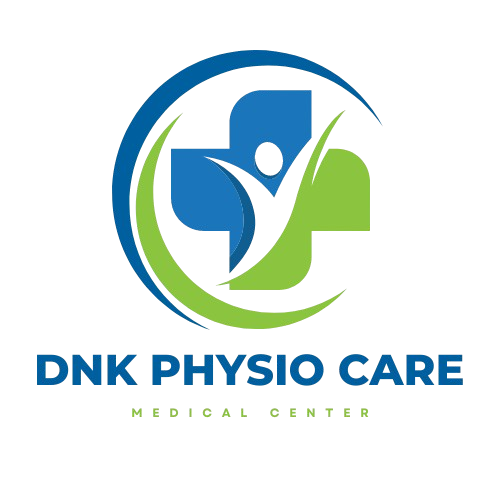Post Operative pain
Post-operative pain is a common and significant concern following surgery. Effective management of this pain is crucial for the patient’s recovery and rehabilitation. Physiotherapy plays a vital role in addressing post-operative pain, facilitating recovery, and helping patients regain function and mobility.
Understanding Post-Operative Pain:
Types of Post-Operative Pain:
- Acute Pain: Immediate pain following surgery
- Chronic Pain: Pain persisting for months or even years after surgery, potentially resulting from nerve damage or other complications.
- Causes of Post-Operative Pain:
- Surgical Trauma: Tissue damage caused by the surgical procedure itself.
- Inflammation: natural response toy, causing swelling and pain.
- Scar Tissue Formation: Can restrict movement and cause discomfort.
- Nerve Damage: Accidental nerve damage during surgery leads to persistent pain.

Role of Physiotherapy in Managing Post- Operative Pain:
Early Mobilization:
- Description: Encouraging movement soon after surgery to prevent stiffness and promote circulation.
- Benefits: Reduces the risk of complications such as deep vein thrombosis (DVT) and improves overall recovery.
Pain Relief Techniques:
- Manual Therapy: Gentle massage and mobilization techniques to alleviate pain and improve tissue flexibility.
- Electrotherapy: like TENS (Transcutaneous Electrical Nerve Stimulation) to manage pain.
- Cold and Heat Therapy: Application of ice packs to reduce inflammation and heat packs to relax muscles and reduce pain.
Exercise Therapy:
- Strengthening Exercises: Gradual exercises to rebuild muscle strength and support the surgical site.
- Range of Motion Exercises: Gentle movements to restore joint mobility and prevent stiffness.
- Aerobic Exercises: Low-impact activities to improve cardiovascular health and overall well-being.
Education and Self-Management:
- Patient Education: Teaching patients about their condition, post-operative pain management, and the importance of adherence to rehabilitation programs.
- Self-Management Strategies: Techniques such as deep breathing exercises, relaxation methods, and proper positioning to manage pain at home.
Scar Management:
- Scar Tissue Mobilization: Techniques to prevent excessive scar tissue formation and improve tissue flexibility.
- Education on Scar Care: Guidance on proper care to minimize scar-related pain and improve cosmetic outcomes.
Functional Training:
- Description: Exercises and activities designed to help patients return to their daily routines and functional activities.
- Benefits: Enhances independence, improves quality of life, and ensures a smoother transition back to normal activities.
Challenges in Post-Operative Pain MANAGEMENT:
Individual Variability:
- Description: Each patient’s response to surgery and pain is different, requiring personalized physiotherapy plans.
- Approach: Tailoring interventions, type of surgery, and overall health.
Psychological Factors:
- Description: Anxiety, depression, and fear of pain can exacerbate post-operative pain.
- Approach: Incorporating psychological support and pain coping strategies into the rehabilitation program.
Compliance:
- Description: Patients may struggle to adhere to physiotherapy routines due to pain or lack of motivation.
- Approach: Providing encouragement, setting realistic goals, and emphasizing the benefits of physiotherapy for recovery.
Conclusion: Physiotherapy is a crucial component of post-operative pain management, offering a range of techniques to alleviate pain, promote healing, and restore function. Through early mobilization, pain relief methods, exercise therapy, education, and functional training, physiotherapists help patients navigate recovery and achieve optimal outcomes.
QUICK CONTACT
ADDRESS
Digbeth Squre, 10 Lombard Street,Post code B12 OQD City Birmingham, UK
HOTLINE
8985331512
